Summers are arriving soon in a few days. Most of us believe that summer is the best time to lose weight which is true in many ways. In summers our cravings for desi ghee paratha and deep-fried fritters become dormant. As the temperature rises, we tend to drink more fluids to keep ourselves cool which keeps hunger pangs at the bay. People love to flaunt their sleeveless tops, shorts, and bikinis to beat the summer heat, so it is a big motivation to lose weight in summer. As we know hydration plays a key role in weight loss, we should include magic seeds called sabja/ subza seeds for effective weight loss. Many of you must have tasted sabja seeds in falooda and many other deserts. Wondering how these little seeds can help in weight loss? Read the blog.

What are Sabja Seeds?
The Scientific name of sabja seeds of Ocimum bascillum and belongs to the Basil Family. Basil has two varieties one is Holy Basil which is popularly known as Tulasi and another one is sweet basil from which we get sabja Seeds. Sabja Seeds are also known as subza seeds, tukmaria seeds, and sweet basil seeds.
Sabja seeds are black and slightly sweet. Sabja seeds look like black sesame seeds. Sabja seeds are collected from the sweet basil plant, which needs a hot and dry climate to bloom. It is cold-sensitive and needs sunlight for healthy growth. It is a native of India and South Asian countries.
Importance of Sabja Seeds in Ayurveda
According to Ayurveda, sabja seeds pacify Vata Dosha and Pitta Dosha. It is used as an ingredient in many Ayurvedic medicines. Sabja is considered suitable for people with the following health conditions:-
- Acidity
2.Polyphagia (excessive eating)
3.Dysuria (difficult and painful micturition)
4.Urinary Disorders with burning sensation and pain.
5.Constipation with dry and hard stools.
Health Benefits Of Sabja seeds
Some of the major health benefits of sabja seeds are-
- It helps in weight loss.
2.Controls Blood Sugar Levels.
3.Relieves Constipation and Bloating.
4.Treats Acidity and heartburn.
5.For healthy hair and skin.
6.Strengthens Immune System
How Sabja Seeds aids in weight loss?
From being rich in dietary fibers to being low in calories, weight loss through sabja seeds is indeed a good idea. Let’s find out in detail how sabja seeds help to lose weight.

Sabja seeds are rich in essential fatty acids
Essential fatty acids in sabja seeds promote weight loss. 1 tablespoon (13 grams) of sabja seeds contain an average of 2.5 grams of Fat. Of this fat around 1240 mg is alpha-linolenic acid (ALA), an omega -3 fatty acid. Apart from this sabja seeds also has linoleic acid, oleic acid, and unsaturated fatty acids. Scientifically it is a good blend of Omega -3 and omega -6 fatty acids.
A review published in Molecular Nutrition and Food Research says that conjugated linoleic acid cast an anti-obesity effect by reducing energy intake, increasing basal metabolic rate, inhibiting the development of fat cells and suppressing fat production, and stimulating the breakdown of fats. (1) (2)
Sabja seeds are rich in dietary fibre.
Research studies on dietary fiber intake show that fiber intake is directly proportional to weight loss. This fiber allows in fat loss by promoting a feeling of satiety along with decreasing the absorption of fats and carbohydrates in the body. Most of the fiber is soluble, including pectin, which helps in controlling appetite, slowing the digestion of food, and regulating bowel movements. This fiber nourishes the gut bacteria to thrive. These healthy bacteria also improve digestion and protect the gut from various inflammations. So, sabja seeds are a good prebiotic. (3)
Sabja seeds helps in controlling appetite
As we know now that fiber content in sabja seeds promotes the feeling of fullness and control of hunger pangs. When sabja seeds are soaked in water they swell up to 20%-40% of their original size. They get converted into a gel-like substance. Consuming this gel before meals helps in appetite control thereby reducing calorie intake. It slows down the activity of digestive enzymes, improves blood sugar control, and regulates gut hormones to send satiety signals to the brain.
Sabja seeds control blood sugar
One of the serious aftermaths of diabetes and insulin resistance is obesity, which when not controlled affects blood sugar levels in the blood. According to research published in the Journal, sabja seeds have the potential to lower blood sugar levels in the body. The gel formed by sabja seeds which we discussed in the above section is known to slow down the action of carbohydrate degrading enzymes, which leads to slow breakdown of carbohydrates in the diet which subsequently releases glucose slowly in the bloodstream. (4)
Sabja seeds are low in calories and high in nutrients.
Sabja seeds are an excellent source of vitamin A, vitamin B-complex, vitamin E & K, calcium, phosphorus, magnesium, and iron – all nutrients being essential for weight loss and management. The soluble dietary fiber also increases the level of satiety and does not add further calories. 1 tablespoon (13 grams) of sabja seeds gives 60 Kcal.
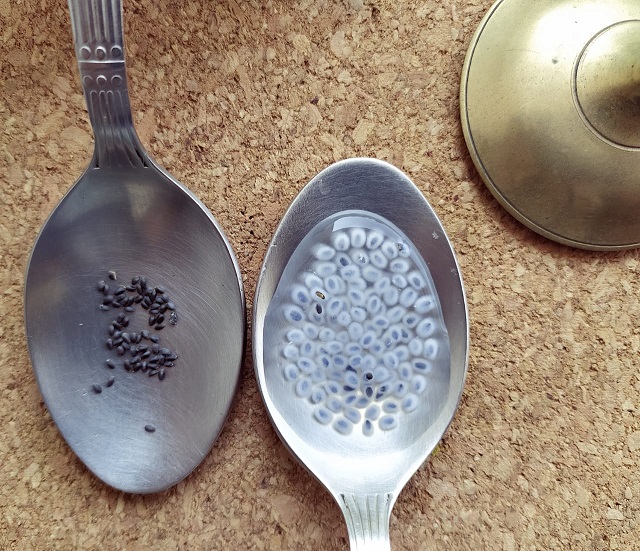
| Nutritional Value (1 tablespoon 13 grams of seeds) | Sabja/Subza Seeds |
| Calories | 60 |
| Total Value | 2.5 grams |
| Omega -3 Fat | 1240mg |
| Total Carbohydrates | 7 grams |
| Dietary Fiber | 7 grams |
| Protein | 2 grams |
| Calcium | 15% RDI |
| Iron | 10% RDI |
| Magnesium | 10% RDI
|
Reference: United States Department of Agricultural Research Service, USDA Food Composition Databases.
How to use sabja/subza seeds for weight-loss?
Sabja seeds are most effective when soaked in water and consumed. Sabja seeds are very hard to chew so soaking them in water makes them soft and translucent. They swell up to 20% – 40% of their original size. For losing weight especially the belly fat, soak 1 teaspoon of Sabja Seeds in one cup of warm water for 15-20 minutes. The seeds swell up and form a gel-like substance, It releases digestive enzymes. Consume sabja seeds like this every day for effective weight loss. You can also add sabja seeds to your regular lemonade, milkshakes, yogurt, puddings, oatmeal, and bread. They can also be added to your deserts and soups to bring a healthy twist to your dish.
Is consuming sabja is enough for weight loss?
No, weight loss depends on multiple factors. Sabja is definitely going to boost the process. But if you think drinking sabja water in the morning will do it ALL, then you are over-expecting. If you are serious about weight loss to be healthy and fit, consider eating home-cooked food, staying active, exercising regularly, sleeping well, and drinking enough water every day. This tried and tested combination will do the magic. You just have to stay focused on sustainable changes.
How much sabja seeds are safe to use?
1 tablespoon (13 grams) of Sabja seeds are safe to use. Overconsumption of Sabja seeds may lead to indigestion and Bloating. Start with 1 teaspoon per day and increase to 1 tablespoon when the gut gets adjusted well with sabja seeds. You can consume sabja seeds daily.
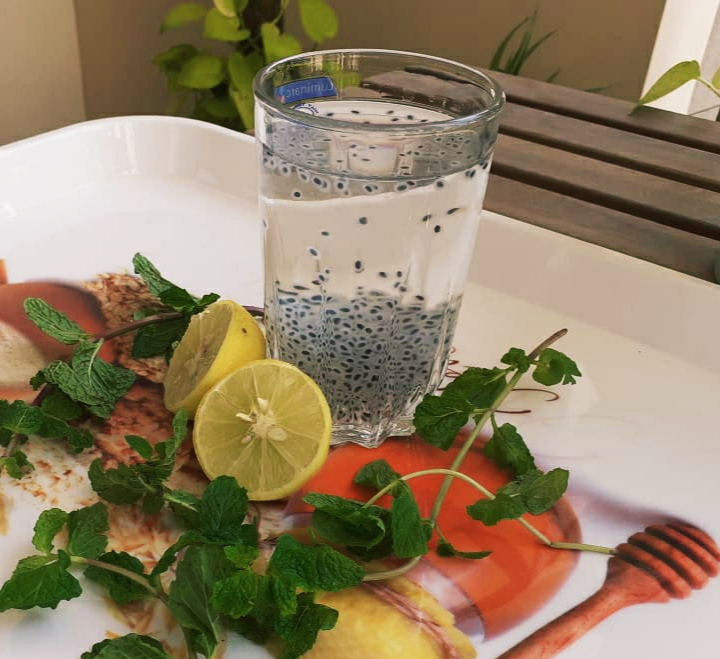
Side effects of sabja seeds
Most of the time sabja seeds are safe for everyone. Sabja seeds are rich in fiber so 1 out of 100 can feel bloating when consuming them regularly. The best way is to introduce it in smaller quantities and then increase slowly once the gut gets adjusted to the fiber.
Few individuals show allergy towards herbs and their seeds if any of such symptoms are seen it is advisable to avoid sabja seeds.
Basil leaves are high in vitamin K, which helps blood clot. High intakes could interfere with blood-thinning drugs, such as warfarin.
In kids, it may cause choking so avoid giving them to babies and toddlers.
In case of high blood pressure, high glucose level, frequent glucose fluctuations, and kidney-related issues take advice from your healthcare provider and certified nutritionist.
Are sabja seeds safe in pregnancy?
Eugenol is present in sabja seeds which can trigger heart rates, mouth burns, and giddiness and also can lead to culminate coma.
Excess intake may bring down blood sugar, which is not good. Pregnant women with low blood sugars should avoid having sabja seeds for the health of both mother and fetus.
However, sabja seeds are considered to be safe in pregnancy in moderate amounts but it is always better to take advice from your gynaec before including it in your diet. (5) (6)
Sabja or Chia Seeds which is good for Weight loss?
Many people think that sabja and chia seeds are the same. Though both Chia and Sabja seeds belong to the same Mint family they are different in many ways. Let’s compare sabja vs chia seeds in brief.
| General Parameters | Sabja Seeds | Chia Seeds |
| Native | India and the Mediterranean region | central and southern Mexico |
| Colour | Uniformly Jet Black | A mixture of Grey,White, Black and Brown |
| Appearance | Elliptical Shape (like tiny rice grains) | Oval Shape |
| Soaking point- gels up within | Absorbs water quickly and gels up pithing 10 seconds. | Takes time to absorb water and form the gel. |
| Taste | Has a mild flavor of basil and imparts the same to drinks and desserts | Does not have any taste of its own and can easily be incorporated into any kind of dish. |
| Usage | Can be consumed only after soaking. | Can be consumed raw or soaked. |
| Price | 100 g costs Rs. 35/- (approx) in India | 100 g costs Rs. 60/- (approx) in India |

| Nutritional Parameters | Sabja Seeds | Chia Seeds |
| Calories | 60 | 60 |
| Carbohydrates | 7 grams | 5 grams |
| Fibre | 7 grams | 5 grams |
| Protein | 2 grams | 3 grams |
| Fat | 2.5 grams | 3 grams |
| Omega 3 Fatty acids | 1240 mg | 2880 mg |
| Calcium | 14% RDI | 10% RDI |
| Iron | 13% RDI | 9% RDI |
Reference: United States Department of Agricultural Research Service, USDA Food Composition Databases. Nutritive Value for 1 tablespoon (13 grams of seeds)
So, as we see both sabja seeds and chia seeds are nutritious with minute differences. You can opt for either of them or both alternatively for weight loss.Always prefer the seeds which are locally grown and available easily to you.
If you are looking for high fiber & iron, locally available, pocket-friendly seeds with cooling and soothing properties – go for sabja seeds.
If you are interested in seeds that are low on carbs, high in protein, omega -3 and calcium for healthy fats and Strength opt for chia seeds.
Conclusion
Include this natural fat cutter called sabja seeds in your daily diet for significant weight loss. Sabja seeds are high in fiber, a good source of minerals, rich in plant-based omega-3 fat, and plenty of beneficial plant compounds. Supplements used for weight loss come with many side effects. Opt for healthy food in your daily diet and regular exercise for consistent weight loss. Sabja Seeds aids in healthy weight loss in numerous ways and nourish the body with its umpteen nutrients. Include sabja seeds daily in moderation for weight loss.

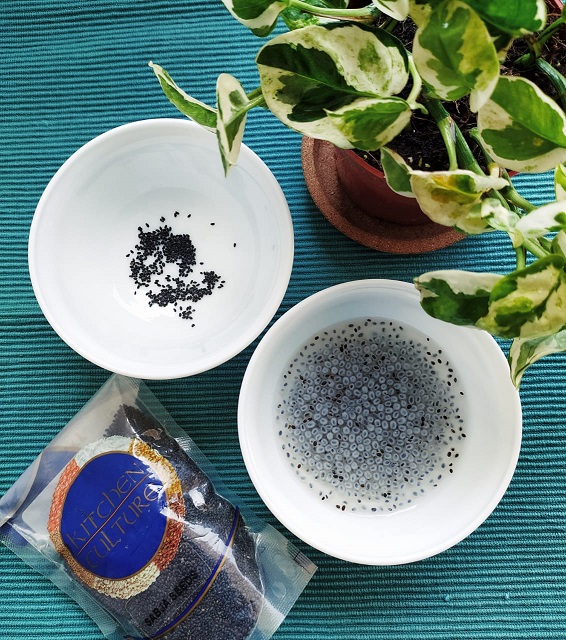
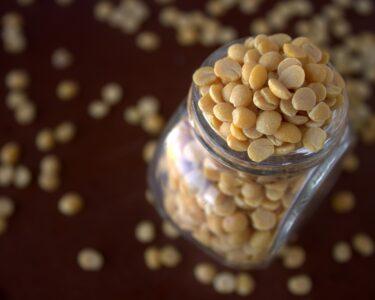

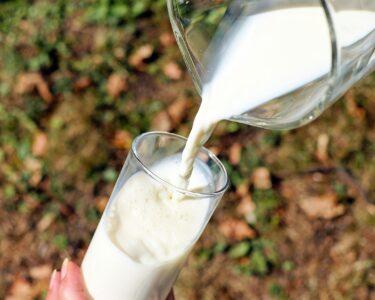
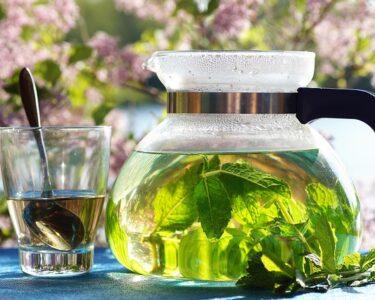
1 Comment